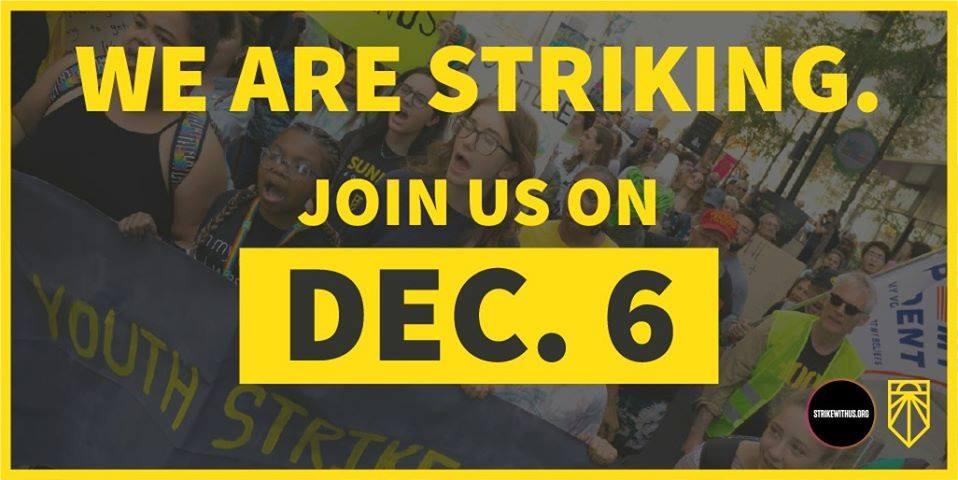La Via Campesina: Many NE Ohioans met Marlen Sanchez, national coordinator of agroecology, when she was here from Nicaragua in November 2018. One year later, the first Instituto Agroecologico Latinoamericano (Latin American Institute of Agroecology or IALA) held a graduation ceremony in Chontales, Nicaragua, for its first cohort of graduates. Contingents from several nations arrived, highlighting the diverse bonds of solidarity that were both created by, and strengthened by, the school. The graduating class is comprised of students from the region: Nicaragua, Honduras, El Salvador, the Dominican Republic, and Guatemala. These students were chosen by their home organizations, all of which are participants in La Via Campesina. Congratulations to these agroecologists!




